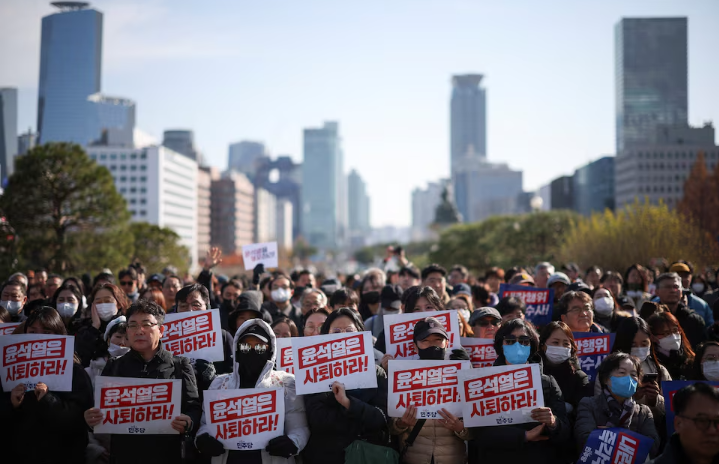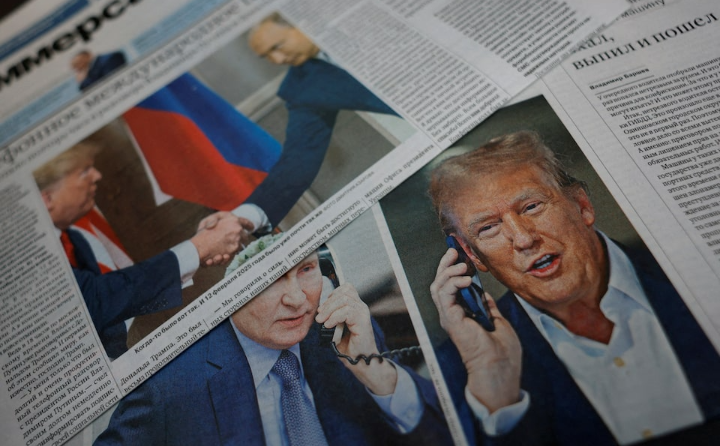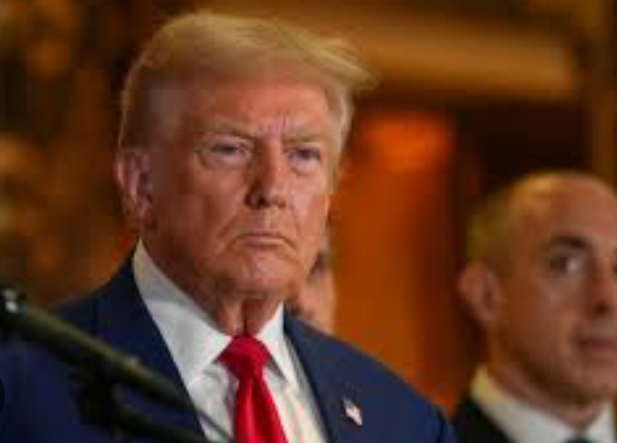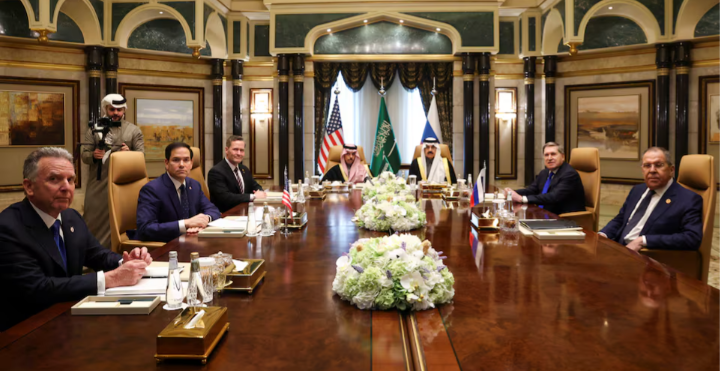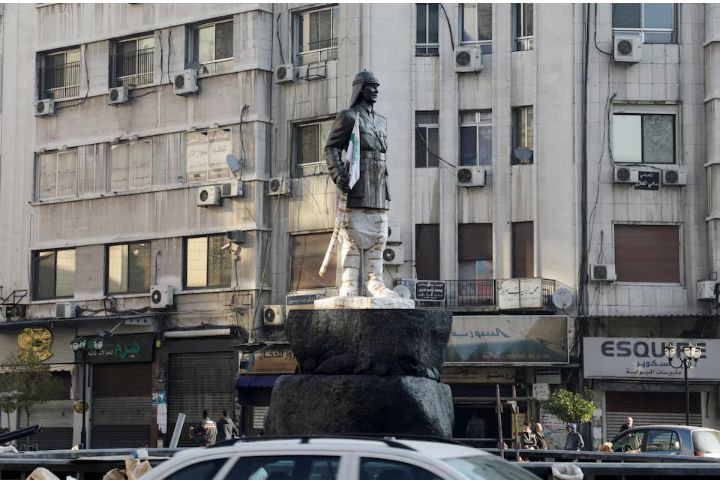South Korean President Yoon Suk Yeol, who once aimed to position his country as a "global pivotal state," has ignited a political firestorm following a sudden and controversial declaration of martial law. In a late-night televised address, Yoon announced martial law, only to retract the decision six hours later after parliament defied armed blockades to annul his move. The backlash has been swift and far-reaching, with massive protests erupting in Seoul as lawmakers and citizens demanded Yoon's resignation. Protesters gathered outside the National Assembly, holding signs that read, "Step down, President Yoon Suk Yeol."
Internationally, Yoon's failed power grab has strained key alliances. Sweden's Prime Minister Ulf Kristersson postponed a planned summit with Yoon, citing "recent developments," while the United States, South Korea’s primary ally, indefinitely delayed crucial nuclear and military consultations. These meetings were part of Yoon's initiative to involve South Korea more deeply in allied nuclear planning. A Pentagon spokesperson confirmed no request for U.S. military assistance was made but acknowledged the unfolding crisis was under close watch.
The martial law declaration has also disrupted trilateral efforts with Japan and the United States. Japanese lawmakers cancelled a scheduled visit to Seoul, with prominent figures expressing alarm over the political instability. Former Japanese Prime Minister Yoshihide Suga’s advisor called the situation “tense,” while Japan’s current leader, Shigeru Ishiba, emphasized the need to monitor South Korea’s escalating domestic crisis. Concerns over Yoon’s leadership are growing, with many questioning his ability to navigate both internal and external challenges.
Domestically, Yoon’s reputation as a champion of democracy is now in tatters. Opposition to his administration has intensified, with critics highlighting his failure to secure public trust and manage crises effectively. Experts argue that this political upheaval could derail Yoon's broader foreign policy agenda, which sought to elevate South Korea’s role on the global stage. Duyeon Kim, a political analyst, described the debacle as a devastating blow to Yoon’s credibility at home and abroad.
The crisis has left South Korea’s political and diplomatic landscape in disarray. Allies are re-evaluating their engagement with the Yoon administration, while domestic protests signal a growing public discontent that could jeopardize his presidency. With key international meetings cancelled and his leadership under fire, Yoon faces an uphill battle to restore order and regain the trust of both his citizens and the international community.

